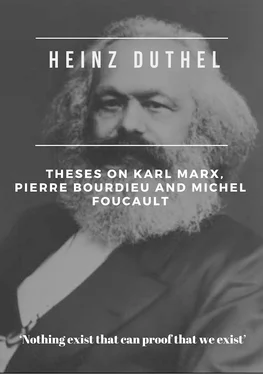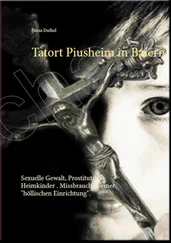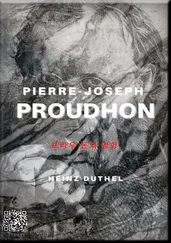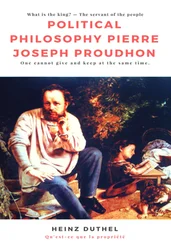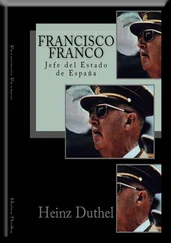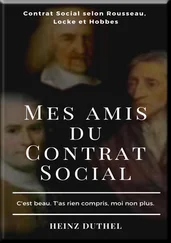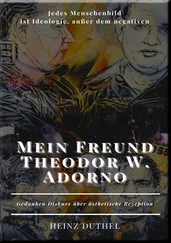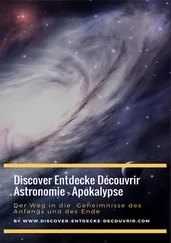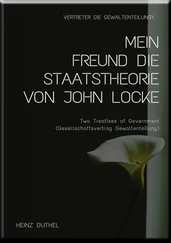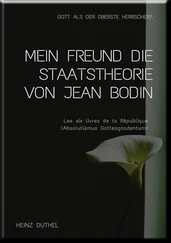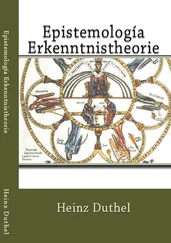Heinz Duthel: Theses on Karl Marx, Pierre Bourdieu and Michel Foucault
“Be an ideologue comrade, make us believe in ourselves, when we still believe in God. Teach us about tomorrow, when our feet are still stuck in yesterday.”
The real political task in a society such as ours is to criticise the working of institutions which appear to be both neutral and independent; violence which had always exercised itself obscurely through them will be unmasked, so that we can fight fear.
Heinz Duthel
‘Nothing exist that can proof that we exist’
© Heinz Duthel 2010 – second edition 2018
Heinz Duthel: Theses on Marx, Pierre Bourdieu and Michel Foucault
This book is sold subject to the condition that it shall not, by way of trade or otherwise, be lent, resold, hired out or otherwise circulated without the publisher’s prior consent in any form of binding or cover other than that in which it is published and without a similar condition including this condition being imposed on the subsequent purchaser.
For my children
Karl’s Voice
Die Philosophen haben die Welt nur verschieden interpretiert, es kommt drauf an sie zu verändern.
(The Philosophers have only interpreted the world in various ways; the point, however, is to change it.)
(Karl Marx, 1845, Theses on Feuerbach)
The Poets’ Voice
But to go to School on a summer mourn
O, it drives all joys away.
Under a cruel eye outworn
The little ones spend the day
In sighing and dismay.
William Blake
Good sense which once ruled far and wide,
Now in our schools to rest is laid.
Science, its once beloved child,
Killed it to see how it was made.
Guiseppe Giuste (1808 – 1850) Epigrammi – 1849
(Gramsci’s translation)
We don’t need no education
We don’t need no thought control
No dark sarcasm in the classroom
Hey, Teacher, leave those kids alone
All in all we’re just another brick in the wall
The Wall, Pink Floyd, 1979
Abstract
. What I have tried to map out here is the basis of the theory of knowledge and social action on which I shall be basing my research; that fundamentally, human activity is social in character, that social structures are dynamic and relational, but exhibit a level of stability which results in dispositions gelling into objective structures. I develop a theoretical base and iteratively explore this in a setting, evolving a description of how we might understand (or model) the orientation of mathematics teachers. In other words, I am offering a detailed study of a context from which I present a description of an approach to conceptualising two teachers’ orientation. Although the particularities of the ‘cases’ are specific, the methodology is sufficiently transparent, and the theoretical development sufficiently well established to offer others an insight into diverse contexts.
The fundamental problem in which I am interested in this Study is how capitalist society is reproduced. Drawing significantly from critical social theory, the work of Karl Marx, Pierre Bourdieu and Michel Foucault, I approach this problem by looking specifically at the contribution made by mathematics teaching to the maintenance of structured relations of domination. I construct theoretical, conceptual and methodological frameworks to enable me to study some of the underlying relationships between mathematics teacher predispositions and social structure. I discuss the weaknesses in Michel Foucault’s description of how discourses are sustained, and attempt to resolve these theoretical difficulties by drawing on Pierre Bourdieu’s dialectical approach to the habitus. I begin by socially and politically locating myself before moving on to looking at how we can understand the way modern capitalist society operates. I move onto examining theories for understanding the interplay between human agency and social structure. Thereafter, I look at the social roots of mathematics education identifying those areas where our current ideas about teaching and learning are inadequately conceptualised. Methodologically, I draw heavily on in-depth sequential interviewing, and classroom observation. I construct a model for what I term the discursive positioning of two contrasting teachers of mathematics, and explore how these differences might relate to wider social structures. This discursive positioning relates the externalising discourses (through which mathematics teaching and learning encounter the wider social context), and the deep-rooted evaluative dispositions of teachers, which operate through mediating relations which balance the interplay between human agency and social structure. In addition, I illustrate how teachers’ beliefs and conceptions about their role, rest upon ideological foundations located in their inclination toward particular social relations.
Acknowledgements
For my son Teddy
Preface
The real political task in a society such as ours is to criticise the working of institutions which appear to be both neutral and independent; violence which had always exercised itself obscurely through them will be unmasked, so that we can fight fear.
[Foucault, 1969: Tr 1972 #16, p 171]
Ser ideólogo camarada,
Fazer-nos acredita en nós
Quando ainda cremos em deus.
Ensinar-nos o amanhã
Quando os pés ainda se arrastam em ontem.
Sergio Viera, 1970
(Poesia de Combate, Vol 2, Frelimo, Maputo)
In the everyday scheme of things, schools and the teaching of mathematics can seem to be both ‘neutral’ and ‘independent’ to quote Michel Foucault. Yet, there are too many stories of school and social failure for this to be particularly convincing. Seen in a different light schools are sites of contestation, resistance and violence - albeit mainly symbolic rather than physical. For many pupils, school days are happy days, a launch pad into successful careers and relative prosperity. For others, it is a daily experience of continued failure. It is this disparity which captures my imagination in this Study. If according to the poet Sergio Viera, it incumbent on us to liberate children from the limitations of today, to help them believe in themselves and to show them tomorrow, then we fail many children; children at the margins, children from ethnic minorities, children whose cultural backgrounds and outlook might be different from the norms of the majority of teachers.
This Study is one part of a project to try to change the way some people are constrained, oppressed and restricted in their development and aspirations. It is about clarifying the mechanisms by which systems of power are maintained and sustained at the level of human agency in the mathematics classroom. Surely, this is a worthy aim, and one that we might expect all reasonable people to subscribe to and work toward?
If Marx’s project be regarded as the furthering, through the conjunction of social analysis and political analysis, of forms of human society in which the mass of human beings can attain freedoms and modes of self-realization in excess of any they may have enjoyed before, who can dissent from it.
[Giddens, 1981 #233, p 24]
Well no doubt there are many - especially those who stand to lose by such change. In addition, it seems to be at least interesting if not socially incumbent on us to ask, if no one could dissent from freedom and self-realisation, how did it all come to be this way? In this Study, I attempt a clarification of this issue. How comes it to be this way? I hope in this Study what I say will be taken as conjectural, and propositional, an invitation to engage rather than ‘dogmatic assertions’. I am not a neutral observer, trying to construct some external or objective reality. As is inevitable in such a work as this, there is much of me in here. Whilst I am writing as an academic researcher, I am also writing (among other things) as a partner, as a socialist and as a father. As a partner, I am aware that one needs to understand others, and to give in order to feel fulfilled oneself. As a socialist, I have certain values, duties and responsibilities to others. As a father to two tiny females, I face the future with aspirations for their welfare as well as some trepidation. The work in this Study brings together these three fundamental drives.
Читать дальше
